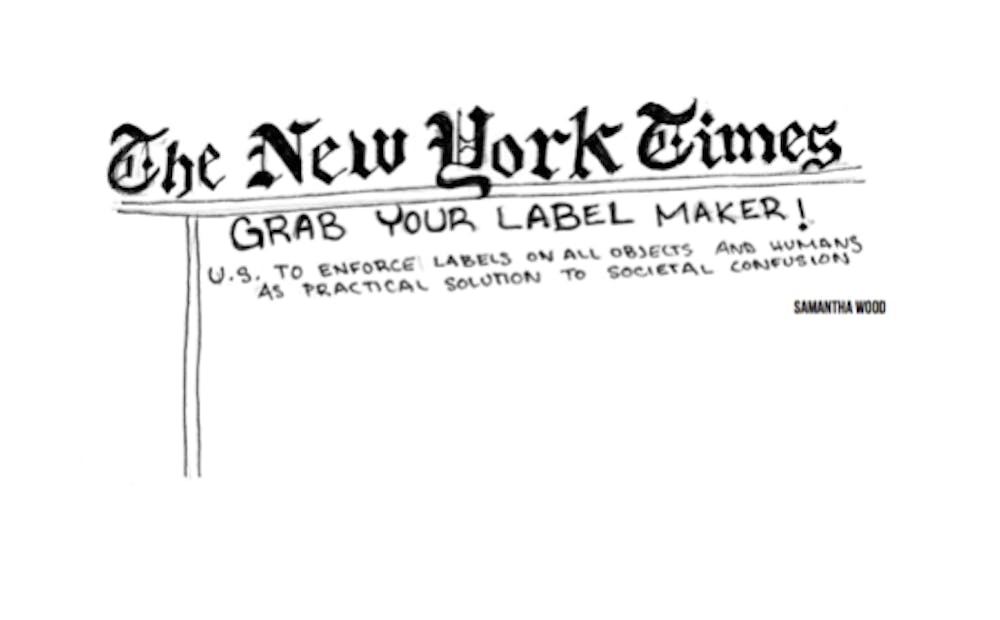Within minutes of Jared Leto taking the stage to accept the award for Best Supporting Actor at this year’s Oscars, there was a predictable, yet no less inane, post on my newsfeed in protest of his win. It was a link to an article titled, “10 Actors Who Could Have Played Jared Leto’s Role in ‘Dallas Buyers Club'," accompanied by a caption that was as simple as it was smug: “yup”. In the run-up to this weekend’s ceremony, Leto received a slew of criticism for being a cisgender male actor who took on the role of a trans woman, some comparing his performance to blackface. While Leto did wear make up and dresses, it was not transface. Quite to the contrary, it was impassioned, empathetic and above all, human.
In Hannah Arendt’s On Revolution, the philosopher considers the relative advantages of different structures of government. At one point she seeks the help of poets for “[they] but embody in verse those exaltations of sentiment that a nature [...], the opportunity being given, vitalizes into acts.” In other words, poetry — and we can extend this to art at large — can help us to understand those ideas which may not be tangible or realizable. It is this power which makes art so important. It is this power which compels us to invest so much time in the creation and consumption of art.
This isn’t a new idea. Indeed, it lives at the very core of why we are all here, why we have all chosen to pursue an education in the liberal arts. For a better and more nuanced commentary on this notion I’d recommend you read Harry Zieve Cohen’s “In Defense of EUR” from last week’s Campus. The activism — if retweets and blog posts can be called activism — of Middlebury doesn’t accept this, however. The activism of Middlebury labels everything, like a fetish. Jared Leto isn’t an actor, he’s a straight white male.
But not all labels are created equally. Michael B. Jordan isn’t from Baltimore and he never sold drugs, yet no one questioned his portrayal of Wallace, a young dealer in The Wire. When Ellen Page came out last month no one asked why she had played a straight girl in Juno. Surely, they should be lauded for their work. So why not Leto?
The loudest voices in liberal activism place unrivaled importance on the notion of experience. That people of different classes — classes here understood as anything from race and income level to gender and religion — can never think in the same way is an axiom of such twisted liberalism. During a Gamut Room debate freshman year, two of my friends were accused of racism for arguing that American society is better for blacks now that water fountains, bathrooms and train-cars aren’t segregated. Whether you agree or disagree with their conclusion is your call, but to call agreement racist is absurd. To believe that racist, one must believe that empathy is impossible and attempts at empathy are fundamentally wrong. But the liberals I’m describing don’t really believe this, it’s too absolute for their taste. No, there is a catch to this rule: it only holds when the people from a class of supposed power attempt empathy.
There is a bizarre assumption that people who are white, male, straight or, put simply, cis-anything, do not have the capacity for empathy. True liberalism rejects this, of course. Consider affirmative action. One of the main tenants of affirmative action is that it benefits everyone, not just those who it helps bring to the table. We can learn from each other, we were built for it. Art is one of the oldest and most tested manifestations of this fact. It’s time we recognize that everyone has something to contribute to the conversation; homogeny need no longer be our lingua franca.
Artwork by SAMANTHA WOOD




